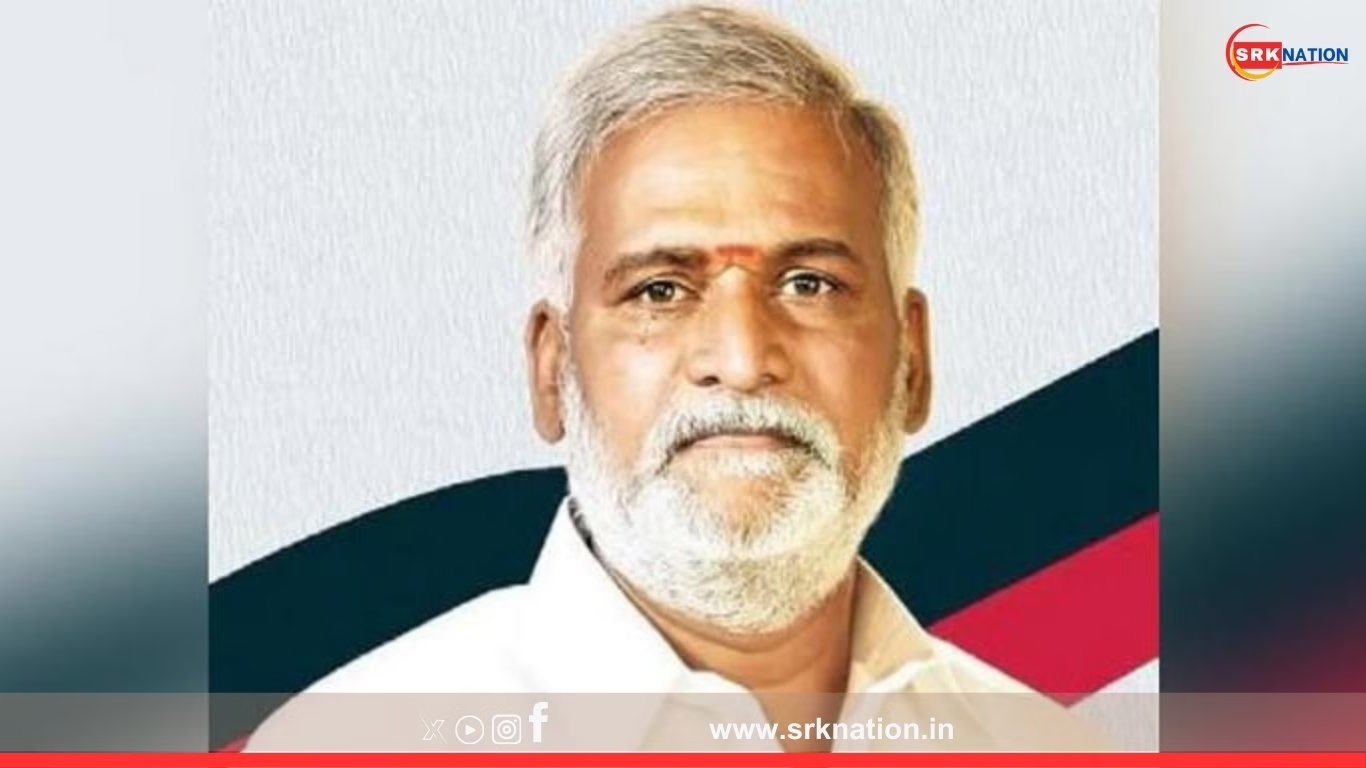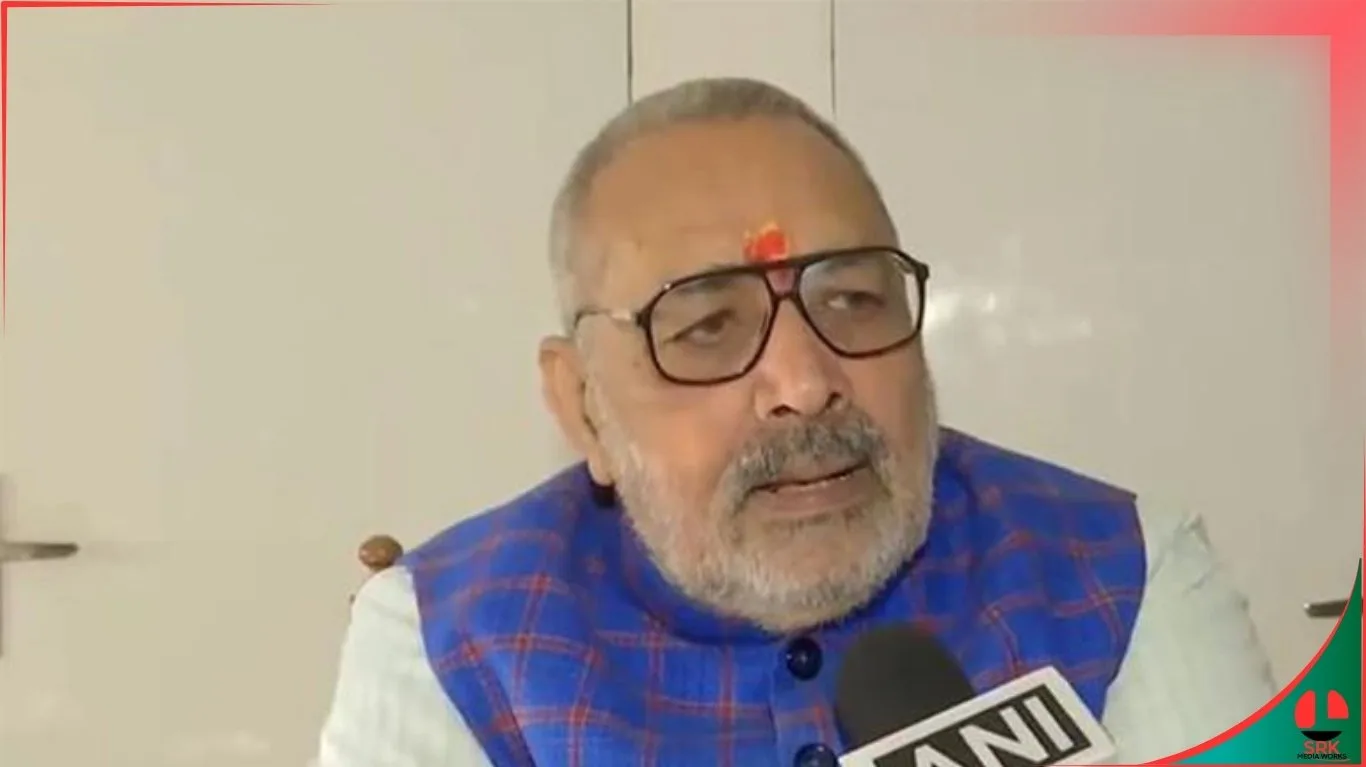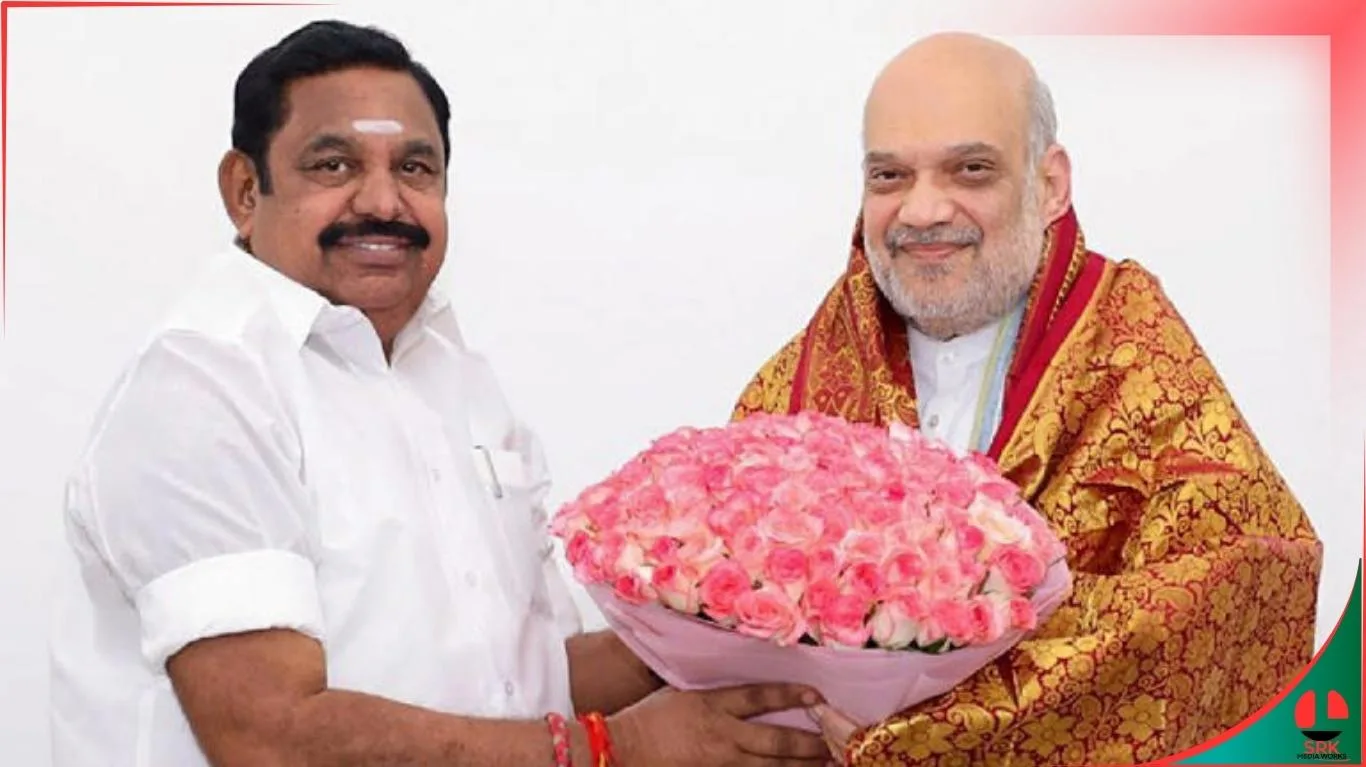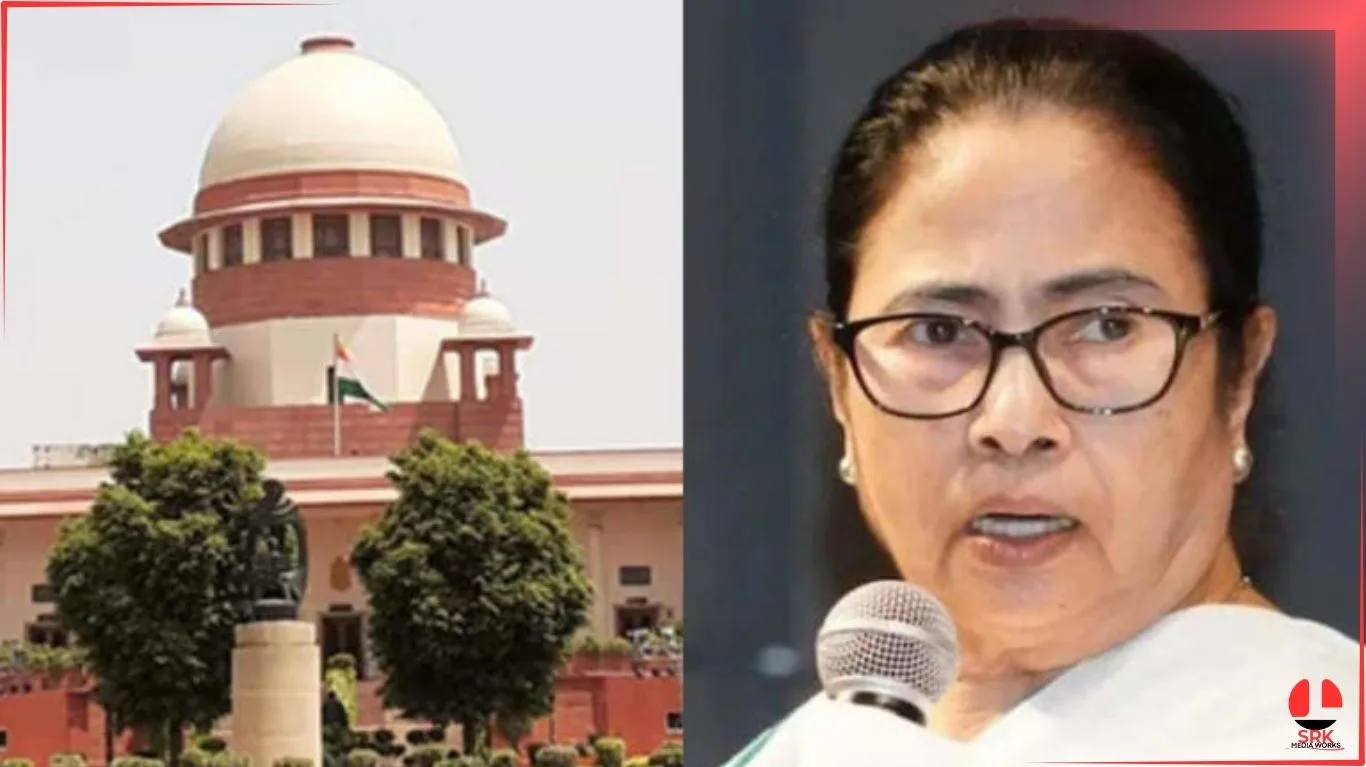Tamil Nadu’s Minister for Hindu Religious and Charitable Endowments (HR&CE), PK Sekarbabu, has welcomed the Supreme Court’s recent verdict dismissing a petition against the use of temple land for educational purposes. In a press conference held in Chennai on August 29, 2025, the minister also announced a landmark initiative: the consecration of 4,000 temples across the state by January 2026.
The announcement comes amid a broader push by the DMK-led government to restore, renovate, and revitalize temple infrastructure and heritage. Sekarbabu emphasized that the HR&CE department has already consecrated 3,503 temples since the government assumed office, calling it “a historic achievement in Tamil Nadu’s temple administration.”
🧭 Supreme Court Verdict: Background and Implications
The Supreme Court dismissed a petition filed by activist T R Ramesh challenging the lease of land belonging to the Somanathaswami temple in Kolathur for the construction of the Kapaleeswarar Arts and Science College. The court upheld the Madras High Court’s earlier decision, stating that there was no legal violation in running a college through the HR&CE department.
| Case Details | Summary |
|---|---|
| Petitioner | T R Ramesh |
| Respondent | HR&CE Department, Tamil Nadu |
| Issue | Lease of temple land for college construction |
| Verdict Date | August 29, 2025 |
| Supreme Court Bench | Justices Vikranath and Sandeep Mehta |
| Verdict Outcome | Petition dismissed, lease upheld |
The verdict has been seen as a green signal for the HR&CE department’s efforts to integrate temple assets with public welfare initiatives, including education and healthcare.
📊 Temple Consecration Drive: Progress and Targets
| Metric | Value (as of August 2025) | Target by January 2026 |
|---|---|---|
| Temples Consecrated | 3,503 | 4,000 |
| Temple Lands Retrieved | 7,923 acres | Ongoing |
| Value of Retrieved Lands | ₹7,846.62 crore | Estimated |
| Free Marriages Conducted | 2,537 | 3,000+ |
| Renovation Works (Thiruppanigal) | ₹3,840 crore | Additional ₹500 crore planned |
The HR&CE department has also undertaken large-scale renovation works, retrieved encroached temple lands, and facilitated free marriages for economically disadvantaged families.
🔍 Minister Sekarbabu’s Vision for Temple Administration
Sekarbabu reiterated the government’s commitment to temple welfare, stating, “Temples are not just places of worship—they are cultural and social institutions. Our goal is to restore their sanctity and ensure they serve the people.”
| Focus Area | Initiative Description |
|---|---|
| Infrastructure Restoration | Renovation of ancient temples, structural repairs |
| Land Reclamation | Legal recovery of encroached temple lands |
| Community Welfare | Free marriages, educational institutions |
| Transparency and Digitization | Online darshan booking, e-donations |
| Inclusive Representation | Trustee boards with SC/ST and women members |
The minister also highlighted the department’s efforts to digitize temple records and improve transparency in fund utilization.
📉 Challenges and Legal Scrutiny
Despite the progress, the HR&CE department has faced legal challenges and public scrutiny over the use of temple funds and properties. In May 2025, the Supreme Court upheld a Madras High Court ruling that barred the use of temple funds for commercial complexes.
| Legal Challenge | Outcome |
|---|---|
| Nandeeswarar Temple PIL | Commercial use of temple funds banned |
| Trustee Committee Formation | SC directed TN govt to submit action plan |
| Transparency in Fund Usage | Ongoing audits and public disclosures |
The department has responded by reinforcing its commitment to religious and charitable uses of temple assets, in line with the Tamil Nadu HR&CE Act, 1959.
🔥 Public Sentiment and Cultural Impact
The temple consecration drive has been widely welcomed by devotees, religious leaders, and heritage activists. Many see it as a revival of Tamil Nadu’s rich temple traditions and a step toward preserving architectural and spiritual heritage.
| Stakeholder | Reaction Summary |
|---|---|
| Devotees | Positive response, increased temple visits |
| Religious Scholars | Support for restoration and cultural revival |
| Heritage Activists | Call for stricter conservation standards |
| Political Observers | Mixed views on integration with welfare schemes |
The initiative has also boosted tourism in temple towns like Kumbakonam, Madurai, and Thanjavur, contributing to local economies.
🧠 Expert Opinions on Temple Governance
Legal and cultural experts have weighed in on the evolving role of temple governance in Tamil Nadu.
| Expert Name | Designation | Comment |
|---|---|---|
| Dr. R. Venkatesan | Constitutional Law Scholar | “The SC verdict affirms the HR&CE’s legal mandate.” |
| Meenakshi Sundaram | Temple Architecture Historian | “Consecration must be paired with conservation.” |
| Advocate B. Jagannath | PIL Litigator | “Temple funds must remain sacred and protected.” |
They emphasized the need for balanced policies that respect religious sentiments while enabling social development.
📌 Conclusion
Tamil Nadu’s temple consecration initiative, backed by the Supreme Court’s supportive verdict, marks a significant milestone in the state’s religious and cultural governance. With 4,000 temples set to be consecrated by January 2026, the HR&CE department is charting a path that blends tradition with transformation.
As the state continues to reclaim temple lands, renovate sacred sites, and integrate temples into community welfare, the challenge will be to maintain transparency, legal compliance, and cultural sensitivity. For devotees and citizens alike, this is a moment of spiritual renewal and administrative accountability.
—
Disclaimer: This article is based on publicly available news reports and official statements as of August 30, 2025. It is intended for informational purposes only and does not constitute legal, religious, or policy advice.











